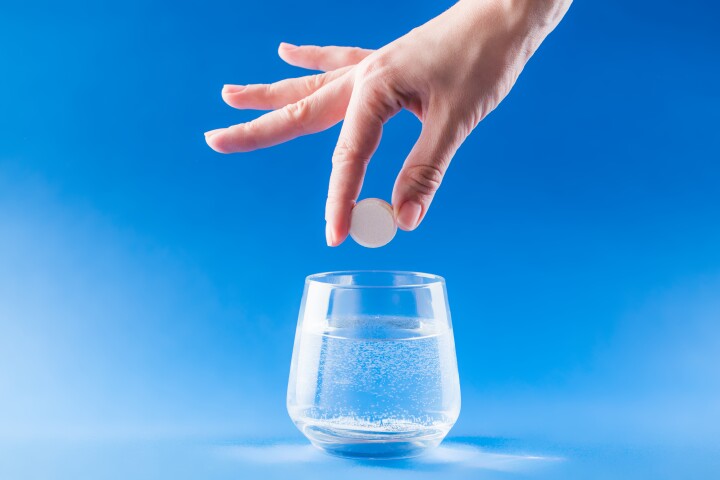When someone has suffered a stroke, it's imperative that they receive medical attention as soon as possible. And while current diagnostic procedures take some time, an experimental smartphone app could deliver results much quicker.
Presently, if an emergency room patient suspects that they've experienced a stroke, they're either sent for CT scans (which expose them to potentially harmful ionizing radiation), or they have to wait while a neurologist is called in to perform tests. In an effort to speed up the assessment process while also potentially sparing patients from unneeded scans, scientists at Pennsylvania State University and Houston Methodist Hospital developed the new app.
They started by creating a dataset, in which over 80 patients with stroke symptoms were asked to perform a speech test while being video-recorded on an iPhone. This dataset was used to train an artificial intelligence-based algorithm – it identified abnormalities in speech and facial muscular movements, which were specific to the patients who were found to have indeed suffered a stroke.
When subsequently tested, the resulting app was found to be 79-percent accurate at detecting stroke victims. That figure should increase as the technology is developed further, although it's claimed to already be in line with the accuracy of tests currently performed in emergency rooms. And what's more, the app delivers results in just four minutes.
"This is one of the first works that is enabling AI to help with stroke diagnosis in emergency settings," says Penn State's Assoc. Prof. Sharon Huang. "The acquisition of facial data in natural settings makes our work robust and useful for real-world clinical use, and ultimately empowers our method for remote diagnosis of stroke and self-assessment."
Scientists at Spain's Polytechnic University of Valencia previously developed a stroke-assessment app of their own, which works in a similar fashion.
Source: Penn State via EurekAlert




